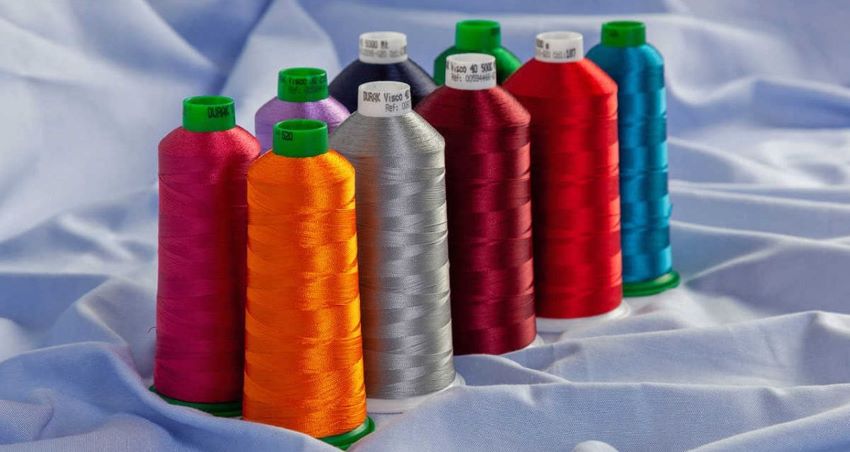The All Pakistan Textile Mills Association (APTMA) has presented an ambitious plan to Commerce Minister Jam Kamal, aiming to boost the country’s textile exports to $50 billion by 2029. This plan focuses on aligning energy tariffs with regional competitors and making key policy adjustments to rejuvenate the textile sector.
Emphasising the crucial role of export-led growth in sustaining Pakistan’s economy amidst significant external financing needs, APTMA stresses the urgency for immediate action. With the country's annual gross external financing needs projected at over $25 billion for the next five years, export-oriented strategies become paramount for economic sustainability.
APTMA’s policy roadmap revolves around three main pillars: diversification, expansion, and competition. These pillars are supported by a multifaceted approach to harness Pakistan's textile potential fully.
Firstly, the roadmap emphasises incentivising product diversification to broaden the range of exportable goods. This includes rationalising import duties on essential inputs like purified terephthalic acid and polyester staple fiber to enhance competitiveness. Additionally, encouraging investment in manufacturing capacity for man-made fibers (MMF) and promoting higher value-added original brand and design manufacturing are considered crucial.
Secondly, significant investments are proposed for upgrading and modernising manufacturing facilities. APTMA aims to establish 1,000 new garment plants to pivot towards higher value-added production, thereby increasing export capacity and global competitiveness.
Furthermore, APTMA advocates for specialised industrial and export processing zones with modern facilities to attract investment and foster growth and innovation. These zones aim to reduce barriers for new ventures and stimulate export expansion through domestic and foreign investment.
Addressing the energy issue, APTMA stresses the need to align power tariffs with regional norms to boost sectoral competitiveness. Currently, Pakistan's industrial power tariffs are higher than those of regional competitors, making exports less competitive internationally. APTMA proposes solutions such as reducing power tariffs for industrial consumers and enhancing solar net-metering for industrial use.
In a joint letter to the Commerce Minister, APTMA leaders Asif Inam and Shahid Sattar highlighted that achieving this ambitious export target would not only strengthen the textile industry but also drive economic prosperity and job creation.












